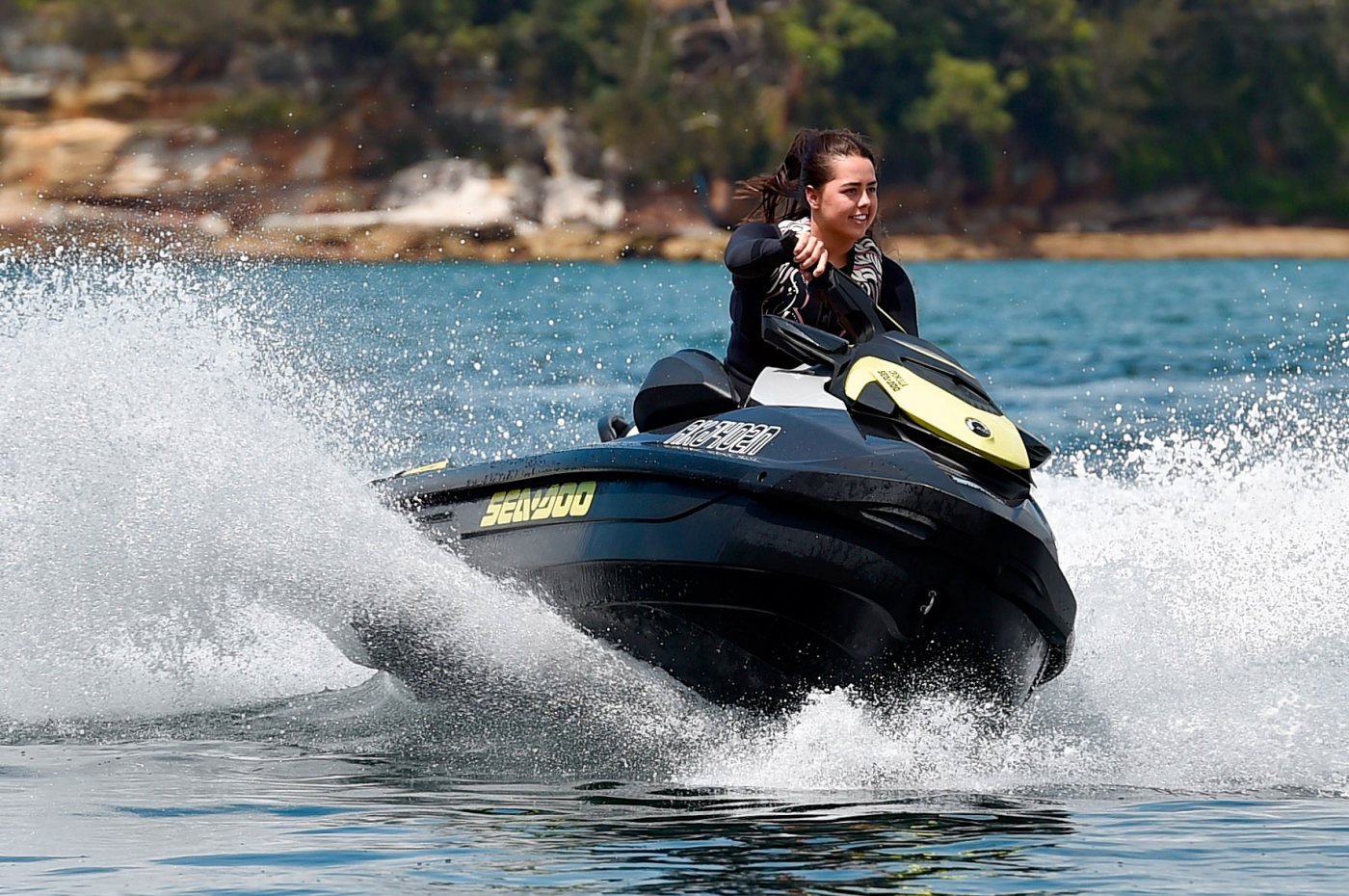New to PWC riding? What you need to know

Part of the excitement of taking up a new pastime is the learning, trying new things and feeling out new experiences. Seeing that jet ski – a type of personal watercraft (PWC) – in the rear view mirror heading to the water is still a thrill, even for experienced riders, but as a newbie it can be nerve-wracking. Knowledge and experience comes with time so accept that you will not feel completely comfortable the first few times out on your new PWC.
With that in mind, focus on your safety and make sure you are aware of the rules. Here are some tips to think about before your ride.
- Know the rules, especially as they relate to where you live
- Fully fuel the PWC, make sure battery is fully charged and check oil levels
- Test the ability to start / run the PWC at home before going to the ramp
- Check the bungs are in place and secure
- Check the rear ratchet hold-down straps are secure
- Ensure the safety chain is in place
- Keep seats on during transit and run a ratchet strap over the seat to further secure the PWC to the trailer to avoid seats coming off
- Hitch your PWC to the vehicle, ensuring that the tow ball is correctly locked in place, electronics are hooked-up, the safety chain is on and all lights work properly.
Glen Watson was born and raised in Thornleigh in Sydney and spent a lot of time out on the water – but is new to riding a PWC.
“My father was always, and still is, diligent about safety on and off the water,” said Glen. “What makes me feel safe and more comfortable taking my jet ski out is knowing that I am prepared, I go over a checklist before every ride, I am up to date with the weather conditions and tides, my ski is fuelled up, and I have my phone.”
Being aware and safety-conscious is one of the best qualities you can have when launching and getting out on the water. Here are some tips for newcomers to PWC riding.
- Never be afraid to ask questions and learn from more experienced PWC riders
- Always wear a lifejacket when riding a PWC, even as a passenger
- Buddy up if possible, as it’s always more enjoyable to have a riding partner
- If you’re riding alone, let someone know where you are going and what time you expect to return. You might want to log your journey on the free Marine Rescue app.
- Pack a hat, sunblock, anchor, water and towrope, as well as a phone with GPS
- Pack gloves and goggles, think about investing in a helmet
- Have your phone charged and emergency numbers easy to access
- Think about a standalone GPS and/or a Personal Locator Beacon (PLB)
- Extra fuel will reduce range anxiety.
